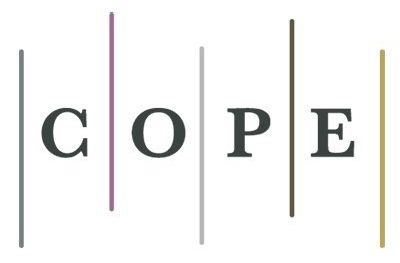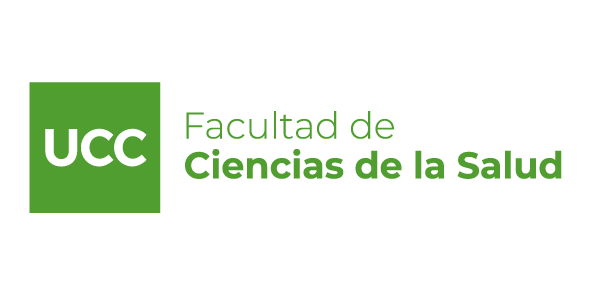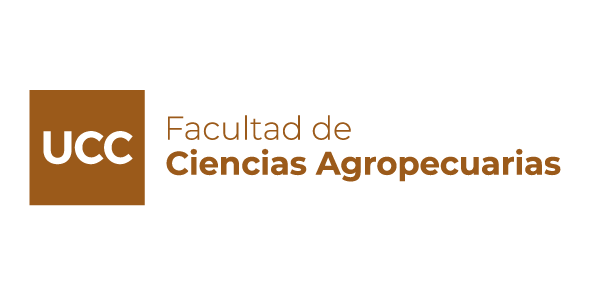Estado nutricional de población vegetariana en adultos
DOI:
https://doi.org/10.22529/me.2023.8(2)05Palabras clave:
Nutrición, alimentación vegana, alimentación vegetariana, alimentación basada en plantas, déficit de nutrientesResumen
INTRODUCCIÓN: En nuestro país, la población vegetariana presenta una tendencia en aumento. Los
patrones alimentarios en este caso pueden ser muy variados, dependiendo de qué tipos de alimentos se
elijan consumir, y van desde el consumo ocasional de carne hasta el no consumo ni uso con ningún fin de
animales y derivados. En este estudio, clasificaremos a la población en: Veganos: no han consumido carnes
de ningún tipo, ni lácteos, ni huevos en los últimos 6 meses.
Vegetarianos: No han consumido carnes de ningún tipo en los últimos 6 meses. Sí consumen lácteos y
huevos con cualquier frecuencia En Argentina, según la Encuesta Nacional de Nutrición y Salud 2019
(ENNyS 2019), los patrones alimentarios han empeorado en las últimas décadas. La alimentación
inadecuada genera cifras crecientes de sobrepeso y obesidad, lo cual representa un grave problema de salud
pública en el país.
La mayoría de las Sociedades de Nutrición en el mundo coinciden en que las dietas vegetarianas y veganas,
planificadas de manera adecuada, pueden proporcionar beneficios para la salud en la prevención y el
tratamiento de ciertas enfermedades.
Se consideran nutrientes críticos en este tipo de alimentación: Proteínas, hierro, calcio, zinc, omega 3,
vitamina B12, Vitamina D y Yodo.
OBJETIVO: Con este estudio pretendemos responder si es posible una Alimentación vegetariana en esta
población que no origine déficit de nutrientes y pueda tener repercusiones positivas en el perfil lipídico y
composición corporal con respecto a la población omnívora.
MATERIAL Y MÉTODO: Estudio observacional analítico retrospectivo. Población: Personas vegetarianas
mayores de 18 años de Santiago del Estero que concurrieron a consulta médica entre julio de 2020 y
diciembre de 2021. Muestreo intencional. Tamaño muestral: 38 sujetos. Se tomó de las Historias Clínicas:
IMC, perfil lipídico y nutrientes.
RESULTADOS: Se incorporaron 38 pacientes al presente estudio. Se encontró sobrepeso en el 21% y
obesidad en el 4% de los sujetos. El colesterol total fue normal en el 86% de los casos, mientras que la HDL
fue normal en el 100% y las LDL en el 93%. La Hemoglobina fue baja en el 32%de los casos, con mayor
frecuencia en vegetarianos que veganos. La vitamina B12 estuvo debajo de los niveles normales en el 41%
de los sujetos, la mayoría no suplementados. La vitamina D fue baja en el 82% de los sujetos, los cuales no
estaban suplementados.
CONCLUSIONES: Los sujetos vegetarianos presentan niveles de IMC y perfil lipídico normales en su
gran mayoría. Los niveles de Hemoglobina y Ferritina fueron bajos en un número considerable de sujetos.
Se encontró un déficit significativo de Vitamina B12 y Vitamina D, lo que evidencia la importancia de su
suplementación.
La alimentación vegetariana con adecuado suplemento sería una buena opción en esta población, para
mejorar los factores de riesgo de Enfermedades crónicas no transmisibles, como el IMC y el perfil lipídico.
Hacen falta estudios con mayor población vegana para analizar diferencias entre estos beneficios y los
presentados exclusivamente en este tipo de población.
Publicado
Cómo citar
Número
Sección
Licencia
Derechos de autor 2023 Methodo Investigación Aplicada a las Ciencias Biológicas

Esta obra está bajo una licencia internacional Creative Commons Atribución-NoComercial-CompartirIgual 4.0.




















